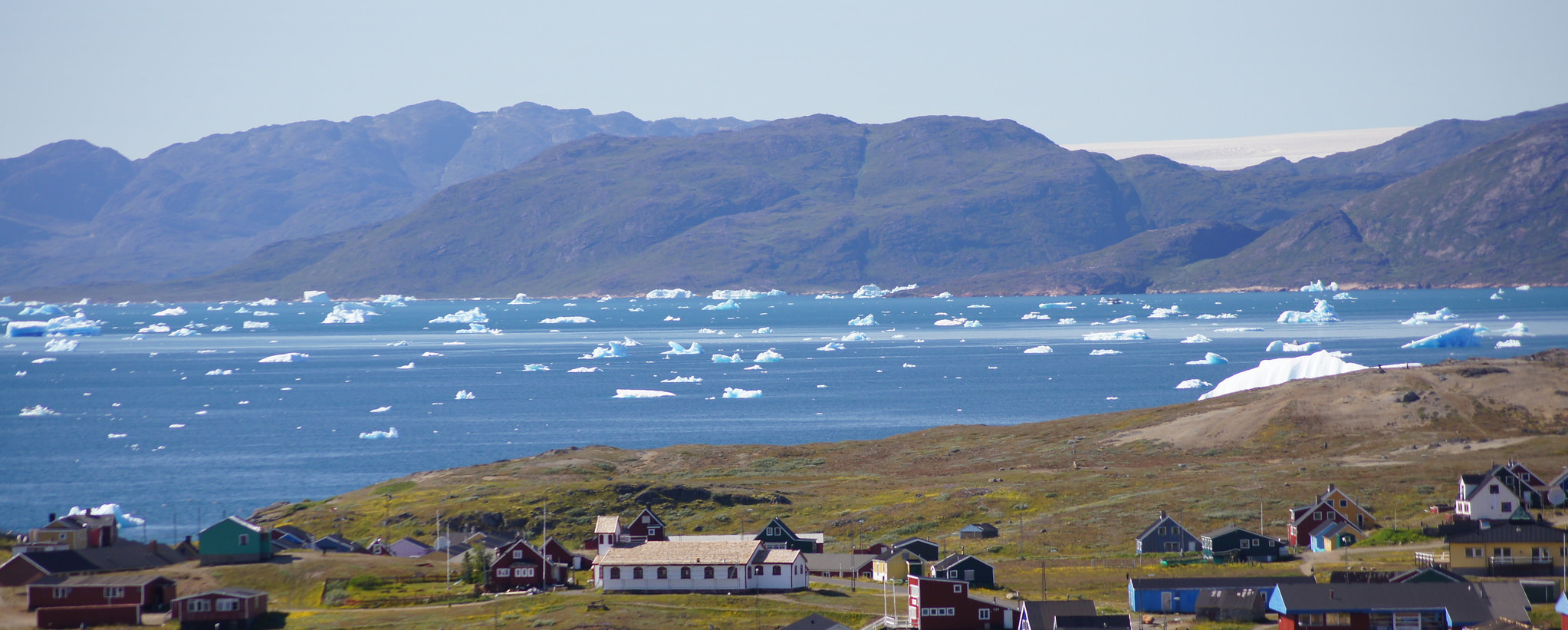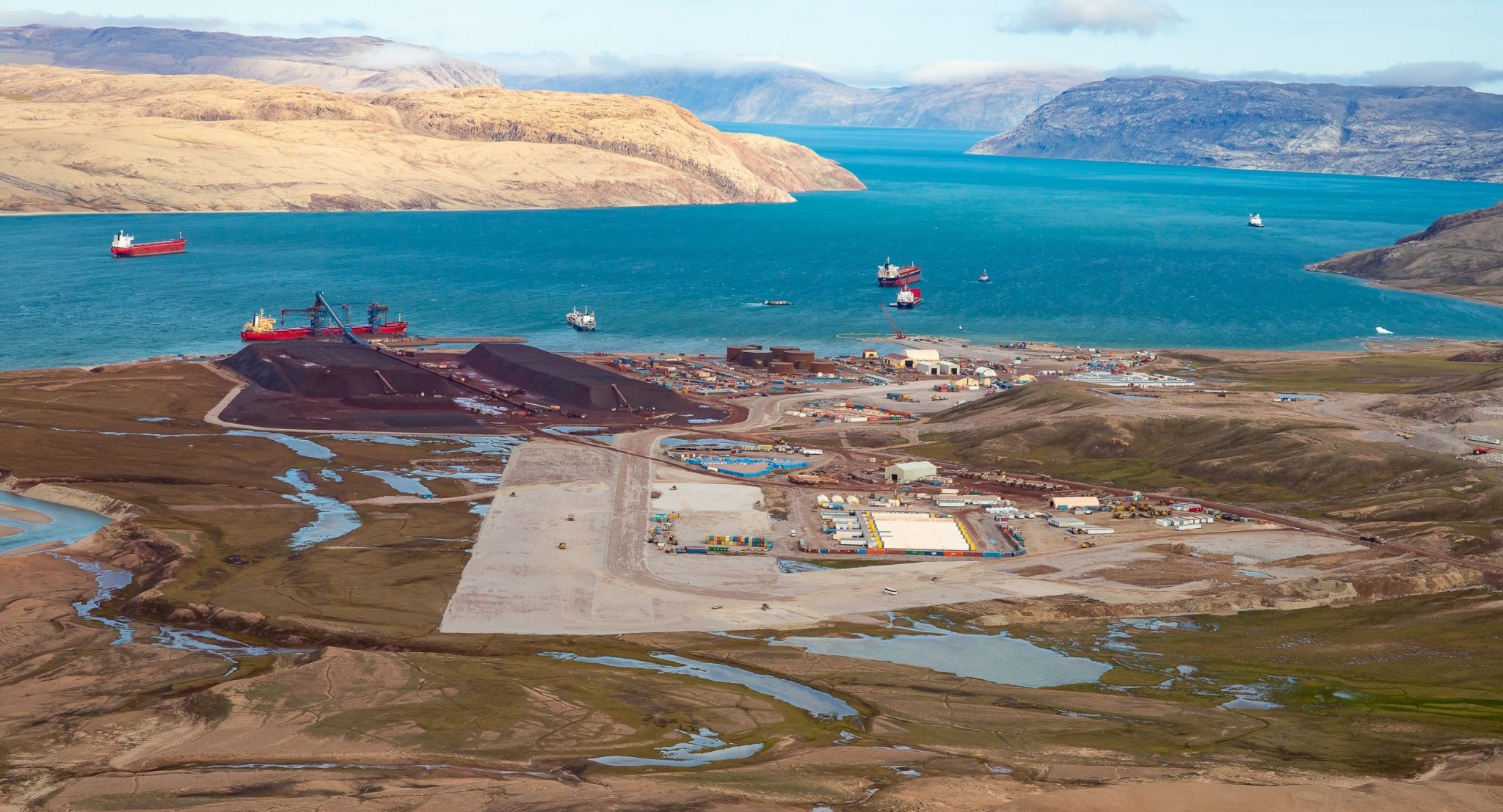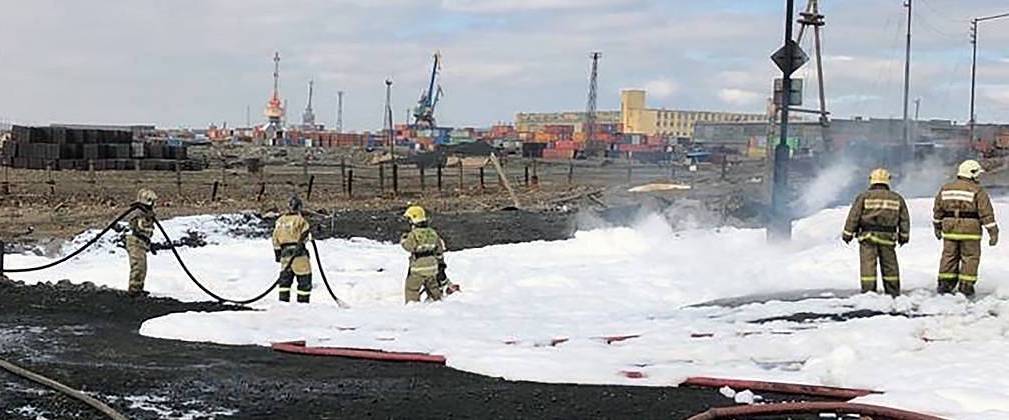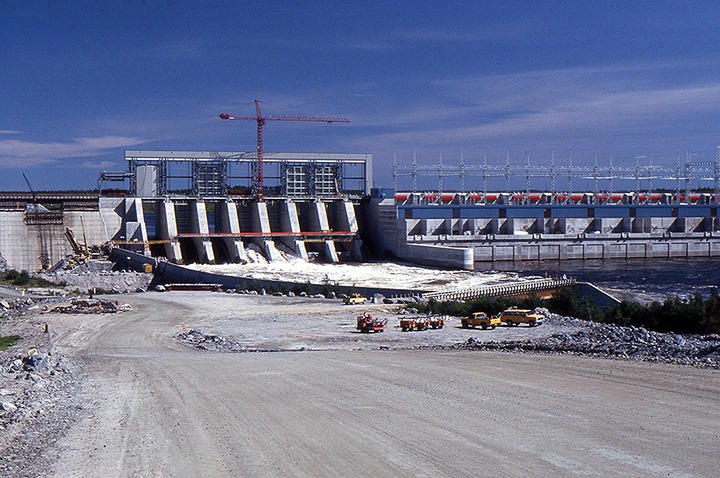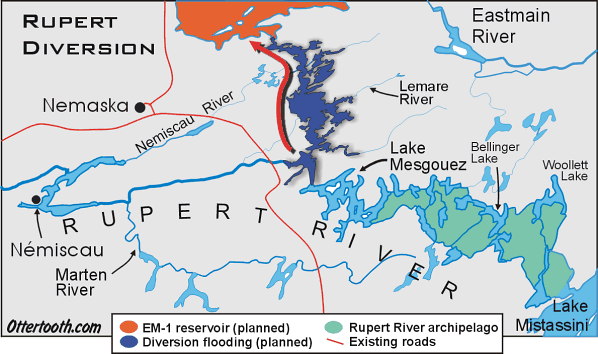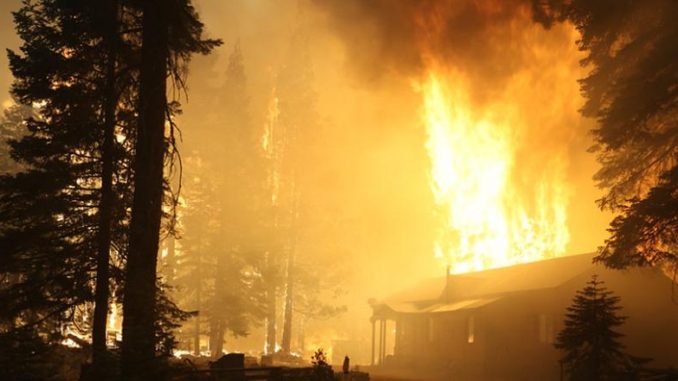
UN climate report: ‘Code Red for Humanity’
Climate change is “unequivocal” and rapidly intensifying, and some of the changes already in motion—such as continued sea level rise—are irreversible over hundreds to thousands of years, finds the latest report from the Intergovernmental Panel on Climate Change (IPCC). The report concludes that human influence has warmed the planet at a rate that is unprecedented in at least the last 2,000 years. Human-induced climate change is already affecting many weather and climate extremes in every region across the globe—including heatwaves, droughts, and tropical cyclones. Atmospheric concentrations of CO2 are higher than at any time in at least two million years. (Photo: CalFire)




